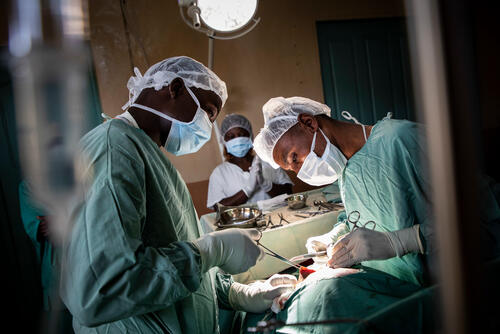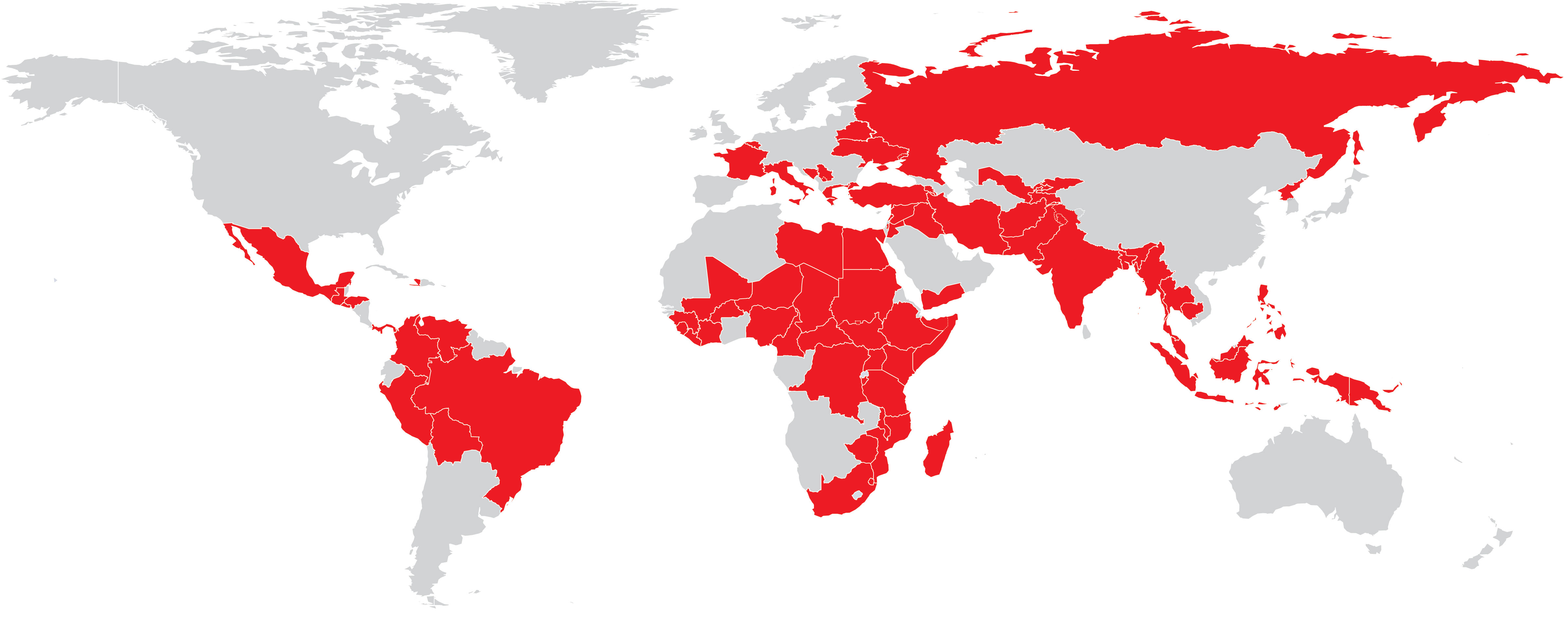MSF is an international humanitarian organisation providing medical care in over 70 countries.
Since 1971, our medical charity has been treating people caught in complex crises and chronic healthcare emergencies around the world.
From our paediatric nurses to our off-road drivers, we are experts at working in fast-moving and highly-insecure environments. So, whether it's launching a rapid response or delivering community care, we go wherever we are needed most.
In 2023, we admitted more than 1.3 million people to our hospitals and held more than 16.4 million consultations, including at mobile clinics and in refugee camps.
Our vital work often hits the headlines when there's an emergency such as an earthquake, war or disease outbreak.
However, our teams are also running long-term medical programmes for vulnerable groups cut off from care, or speaking out about unseen suffering and the policies that cause it.
Around the world, 365 days a year, we are there even when the cameras are not.
What makes MSF different?
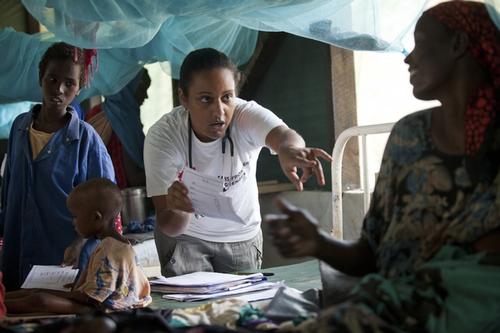
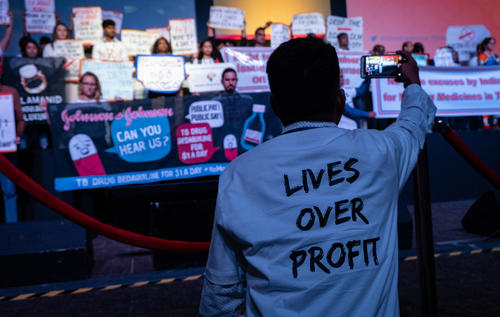
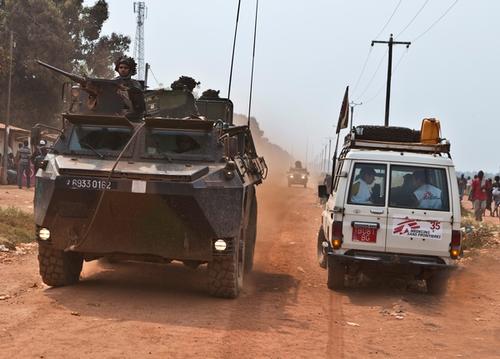
How can I stay up to date?
Get Frontline, our monthly email newsletter
Join our team of over 14,000 Frontline subscribers and stay up to date with the world’s most important humanitarian crises.
You'll receive:
- All our latest news and the stories that matter the most
- Urgent updates and disaster appeals
- Personal accounts from our staff and patients around the world
- Event invitations and unique opportunities to get involved
You can unsubscribe at any time and we'll never sell, swap or share your details with anyone else. Ever.
How does our charitable organisation spend money?
We want to ensure that we are completely transparent when it comes to how your money is spent, so below is a breakdown of how much money is spent and where.
80.2%
OF EVERY € DONATED PAYS FOR MEDICAL PROJECTS
15%
OF EVERY € DONATED IS SPENT ON FUNDRAISING
4.8%
OF EVERY € DONATED IS SPENT ON OFFICE MANAGEMENT
What are MSF teams doing right now?



